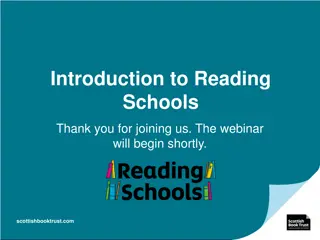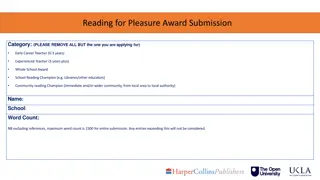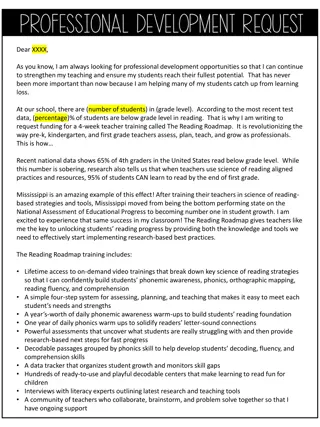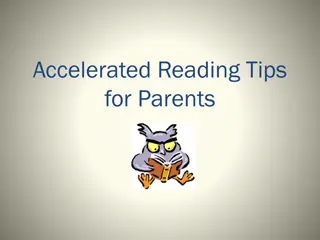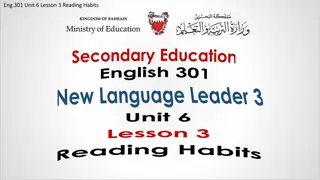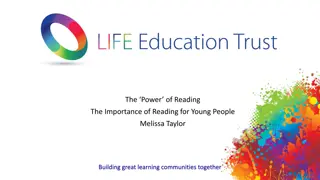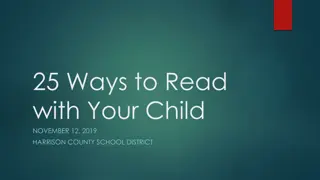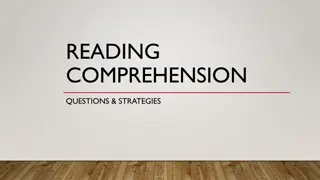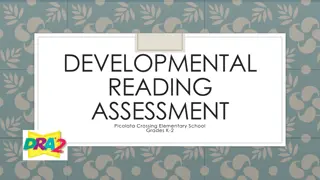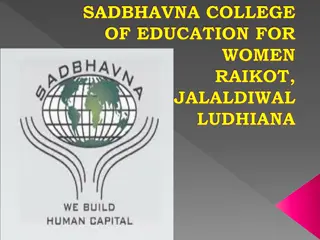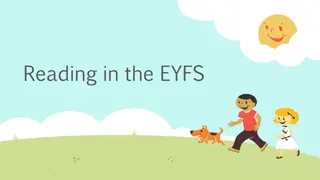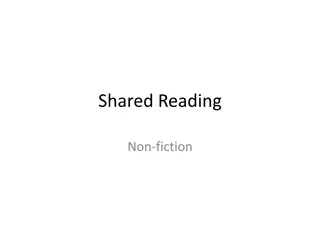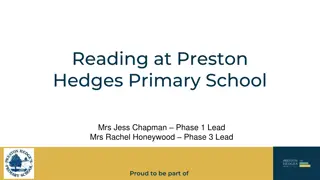
Overcoming Mistakes: Seeds of Creativity and Innovation
Discover the power of mistakes in fostering creativity and innovation as seen through historical anecdotes and insights from successful individuals like Michael Eisner and Robert Altman. Explore how embracing mistakes can lead to groundbreaking ideas and achievements, highlighting the importance of blending database knowledge with improvisatory instincts for true creativity to flourish.
Download Presentation

Please find below an Image/Link to download the presentation.
The content on the website is provided AS IS for your information and personal use only. It may not be sold, licensed, or shared on other websites without obtaining consent from the author. If you encounter any issues during the download, it is possible that the publisher has removed the file from their server.
You are allowed to download the files provided on this website for personal or commercial use, subject to the condition that they are used lawfully. All files are the property of their respective owners.
The content on the website is provided AS IS for your information and personal use only. It may not be sold, licensed, or shared on other websites without obtaining consent from the author.
E N D
Presentation Transcript
13 _1/ p.42 Reader s Bank Level 10 I think almost all of us can say we have had trouble with our ____________. Sometimes it could cost our lives. Such a case happened to Kondraty Ryleyev, who was sentenced to be hanged for his part in an unsuccessful uprising against the Russian Czar Nicholas I in December 1825. But the rope broke. Ryleyev fell to the ground, got up, bruised and battered, and said, In Russia, they do not know how to do anything properly, not even how to make a rope. According to the Russian custom, an accident of this sort was considered a sign of heavenly will, and the man was usually pardoned.
13 _2/ p.42 Reader s Bank Level 10 A messenger immediately went to Nicholas I with news of the failed hanging. Though Nicholas I was upset by this disappointing news, he was about to sign the pardon. But then the Czar asked the messenger, Did Ryleyev say anything after this miracle? *Sire, the messenger replied, he said that in Russia they don t even know how to make a rope. In that case, said the Czar, let us prove the contrary, and he tore up the pardon. * sire
14 _1/ p.44 Reader s Bank Level 10 That becomes a big mental barrier when we re trying to come up with ideas. We re usually taught that mistakes are __________, and they are, but not all the time. ( ) When we need to come up with ideas, mistakes are not wasted, because it s hard to come up with a great idea without first coming up with a lot of other ideas that are really bad. ( ) So mistakes are really the seeds for creativity, and that s why Disney CEO Michael Eisner says it s okay to have films, TV shows, and plays that really fail completely, because it s the only way he ll get big hits. ( )
14 _2/ p.44 Reader s Bank Level 10 Filmmaker Robert Altman, who won an Oscar for his movie M*A*S*H, says M*I*S*T*A*K*E*S sometimes end up giving us the best inspiration. ( ) Many of us have a big fear of making mistakes because we re taught from a young age NOT to make them. ( ) So, if you want an idea that goes down in history, produce a lot more that go up in smoke. You ve got to first produce garbage to end up with gold.
15 _1/ p.46 Reader s Bank Level 10 Any learning environment that deals with only the database instincts or only the improvisatory instincts ignores one half of our ability. It is bound to fail. It makes me think of jazz guitarists: They re not going to make it if they know a lot about music theory but don t know how to jam in a live concert. Some schools and workplaces emphasize a stable, *rote-learned database. They ignore the improvisatory instincts drilled into us for millions of years. Creativity suffers. Others emphasize creative usage of a database, without installing a fund of knowledge in the first place.
15 _2/ p.46 Reader s Bank Level 10 They ignore our need to obtain a deep understanding of a subject, which includes memorizing and storing a richly structured database. You get people who are great improvisers but don t have depth of knowledge. You may know someone like this where you work. They may look like jazz musicians and have the appearance of jamming, but in the end they know nothing. They re playing intellectual air guitar. * rote-learned
Big Issue 16 _1 / p.48 Reader s Bank Level 10 Protectionism Protectionism is a policy under which a country closes itself off from international trade, while imposing heavy taxes on foreign imports. Often there are calls for protectionism during economic crises: the hope is to protect domestic industries from foreign competition. However, in reality, this policy may bring about unexpected side effects. Take imposing taxes on steel imports as an example. In May 2018, the U.S. president announced a 25% tariff on all steel imports. Because of this taxation, U.S. companies had to buy local steel, which, as a result, boosted the U.S. steel industry.
Big Issue 16 _2 / p.48 Reader s Bank Level 10 However, this caused a problem. Though domestic industries produced steel, the amount of production was much smaller compared to when these goods were coming in from abroad so the greater demand for local steel pushed up the price. This forced car makers to increase the price of their final products, which in turn hurt consumers. As you can see, protectionism is .
Big Issue 16 _3 / p.48 Reader s Bank Level 10 Some economists argue that temporary, targeted protection can be helpful for domestic infant industries that need to be protected from foreign competition until they are established enough to compete domestically.

